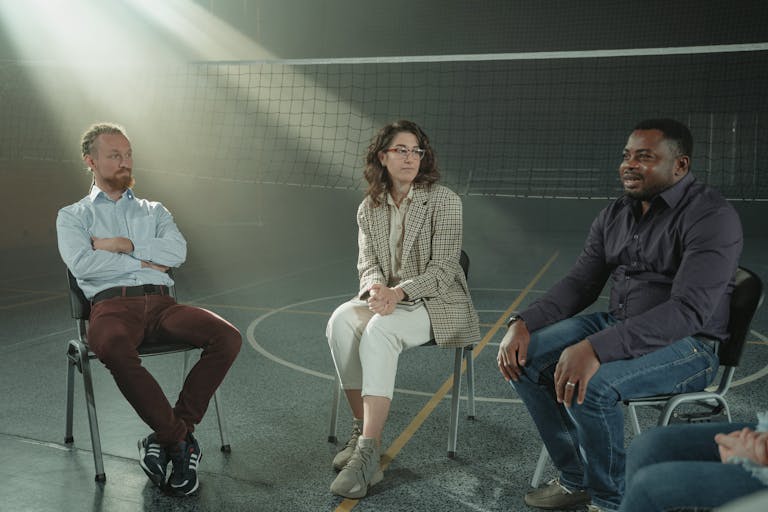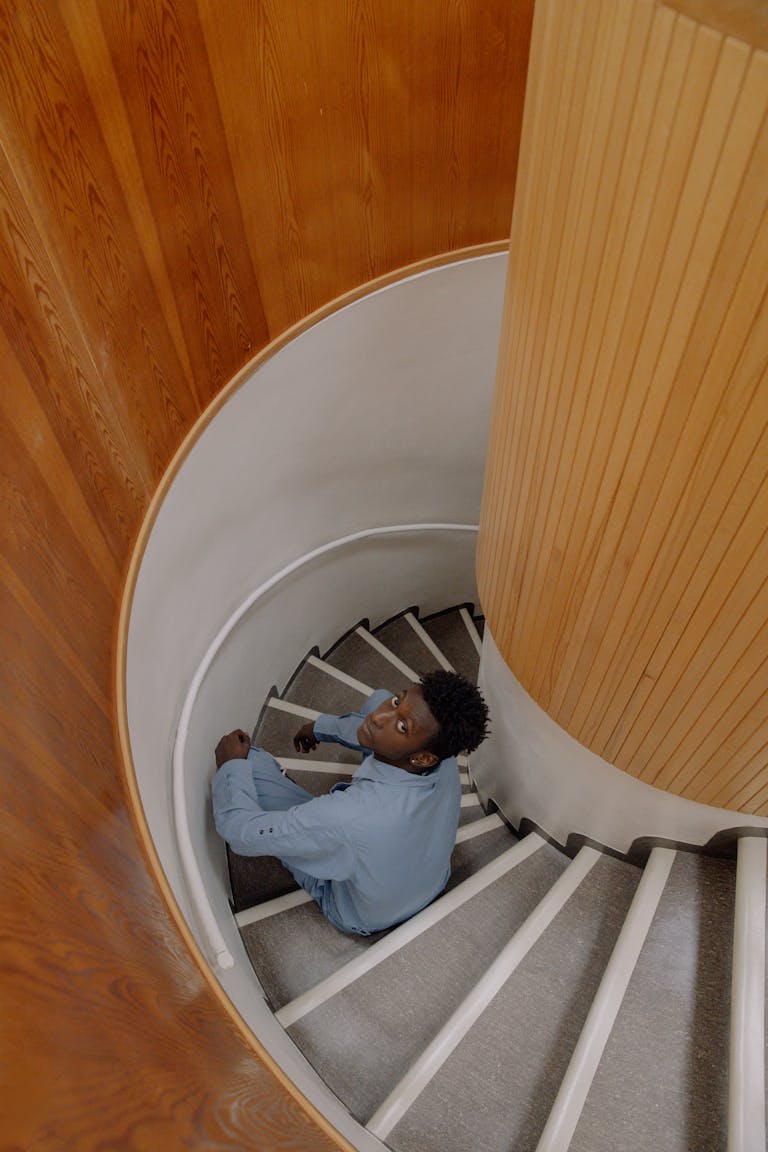Effective communication is one of the most valuable skills you can develop. Whether in personal relationships, at work, or in social settings, the ability to communicate clearly and persuasively is essential for success. But what does it mean to communicate effectively, and how can you improve your conversational skills? Let’s explore the art of communication and how you can use it to build stronger connections, resolve conflicts, and achieve your goals.

1. Why Effective Communication Matters
Communication is the cornerstone of any relationship, whether personal or professional. Studies show that nearly 70% of communication is non-verbal, meaning that what we say is only part of the equation. Effective communication involves not only the words you use but also your tone, body language, and active listening skills.
Good communicators are better at building trust, resolving conflicts, and influencing others. Whether you’re negotiating a deal, having a tough conversation with a loved one, or leading a team, strong communication can help you express your ideas clearly, understand others better, and connect on a deeper level.
2. The Key Elements of Effective Communication
To become an effective communicator, it’s important to understand the key elements that contribute to a productive conversation. Here are some of the most critical components of communication:
- Active Listening: Listening is just as important as speaking in effective communication. Active listening means giving the speaker your full attention, avoiding distractions, and responding thoughtfully. This shows respect for the other person’s perspective and helps build rapport.
- Clarity and Conciseness: When you communicate, it’s important to express your thoughts clearly and concisely. Avoid unnecessary jargon or overly complex language, and get to the point without rambling. The more straightforward you are, the easier it will be for others to understand your message.
- Body Language: Your body language speaks volumes. Maintaining eye contact, having an open posture, and using appropriate gestures can help reinforce your words and make your communication more engaging. On the other hand, crossed arms or lack of eye contact can create a sense of distance or disinterest.
- Tone of Voice: The tone in which you speak plays a significant role in how your message is received. A friendly, calm, and respectful tone fosters positive communication, while a harsh or condescending tone can shut down dialogue and create tension.
3. How to Improve Your Conversational Skills
Improving your conversational skills takes time and practice, but the benefits are well worth the effort. Here are some tips to help you become a more effective communicator:
- Practice Active Listening: Focus on truly listening when others speak. Resist the urge to interrupt or think about what you’re going to say next. Instead, give the speaker your full attention, nod in agreement, and provide thoughtful feedback.
- Ask Open-Ended Questions: Open-ended questions encourage more in-depth responses and help keep the conversation flowing. Rather than asking yes/no questions, try asking questions that start with “how,” “what,” or “why” to encourage the other person to share more.
- Maintain Eye Contact: Eye contact is essential for building trust and showing that you’re engaged in the conversation. While you don’t need to stare, maintaining natural eye contact shows attentiveness and makes the other person feel heard.
- Avoid Distractions: In today’s world, distractions are everywhere. Whether it’s your phone, a noisy environment, or your own thoughts, distractions can hinder communication. Try to eliminate distractions during important conversations to ensure you give the speaker your full attention.
- Be Empathetic: Empathy is key to understanding others’ perspectives. When someone is speaking to you, try to put yourself in their shoes. Acknowledge their feelings, and respond in a way that shows you understand and care about their point of view.
- Use Positive Language: Positive language encourages openness and collaboration. Instead of focusing on problems or negative outcomes, frame your conversation in a way that highlights solutions and possibilities. For example, instead of saying “This is impossible,” try “This may be challenging, but I’m sure we can find a solution.”
4. Overcoming Communication Barriers
Even the best communicators face challenges at times. Here are some common communication barriers and strategies to overcome them:
- Misunderstandings: Misunderstandings often arise when messages are unclear or open to interpretation. To avoid confusion, be as clear as possible in your messages and ask for clarification if something is unclear.
- Emotional Reactivity: Sometimes, emotions can cloud our ability to communicate effectively. If you find yourself becoming emotional during a conversation, take a deep breath, pause, and try to regain composure before responding.
- Cultural Differences: Communication styles can vary across cultures, so it’s important to be aware of these differences, especially in diverse environments. Be open-minded, patient, and respectful of cultural nuances when communicating with people from different backgrounds.
- Language Barriers: If there is a language barrier, focus on clarity and simplicity. Use common language, and be patient when explaining concepts. It’s helpful to use visual aids or examples to convey meaning.
5. The Role of Communication in Building Relationships
Strong communication is the foundation of healthy relationships, whether with family, friends, colleagues, or romantic partners. By communicating openly and honestly, you can build trust, resolve conflicts, and foster deeper connections. Here are some tips for using communication to build stronger relationships:
- Be Honest and Transparent: Open and honest communication is essential for trust-building. Share your thoughts and feelings openly, but be mindful of how you phrase things to avoid causing unnecessary hurt.
- Be Respectful and Considerate: Communication should always be respectful. Take the time to understand the other person’s needs and concerns, and show consideration for their feelings.
- Offer Feedback Constructively: When offering feedback, focus on being constructive rather than critical. Use “I” statements to express your feelings without sounding accusatory. For example, instead of saying, “You never listen to me,” try, “I feel unheard when you don’t respond to my comments.”
- Practice Regular Check-Ins: Regular check-ins help maintain open lines of communication and strengthen relationships. Take the time to ask how the other person is feeling, and discuss any concerns or challenges that may arise.
6. How Effective Communication Transforms Your Life
Effective communication can transform every aspect of your life, from your career to your personal relationships. By honing your communication skills, you can foster greater understanding, resolve conflicts more effectively, and build stronger, more fulfilling connections with others.
Q: How can I improve my active listening skills?
A: Practice giving the speaker your full attention, avoid interrupting, and show empathy by acknowledging their feelings. Respond thoughtfully and ask open-ended questions to keep the conversation flowing.
Q: What should I do if I struggle with talking to new people?
A: Start by asking open-ended questions and showing genuine interest in the other person. Practice maintaining eye contact and listening actively to build rapport.
Q: How can I improve my body language during conversations?
A: Maintain open body language by standing or sitting with your arms uncrossed and making eye contact. Smile and use appropriate hand gestures to reinforce your message.
Master the Art of Communication Today!
Start practicing active listening and improving your conversational skills. By mastering communication, you’ll build stronger relationships, resolve conflicts effectively, and achieve your goals.

I’m EKBAL HOSSAIN MONDAL, the creator of SmartSolveTips.com — a blog dedicated to helping people improve productivity, avoid digital burnout, and live better online. With years of hands-on experience in self-development and digital wellness, I write practical tips and tools to help you stay focused and thrive in a fast-paced digital world.






